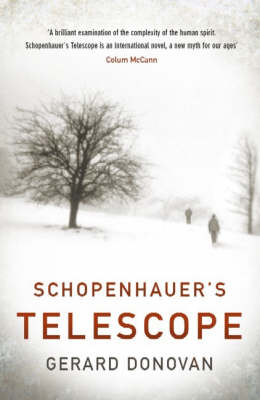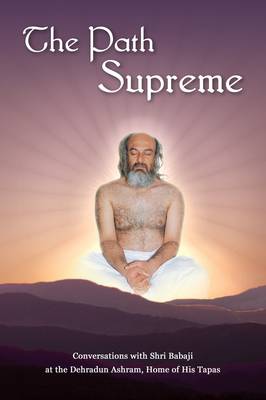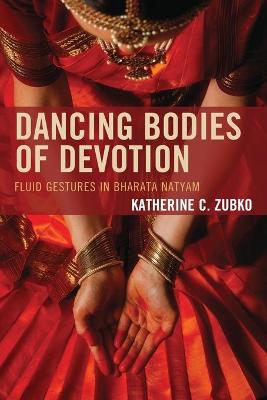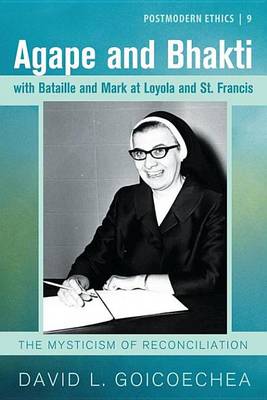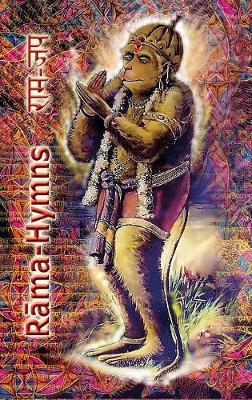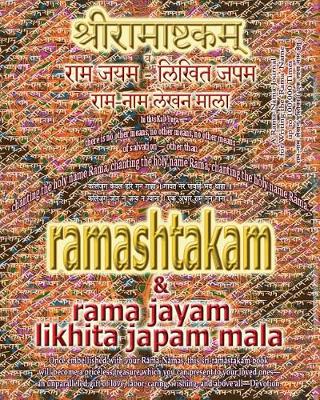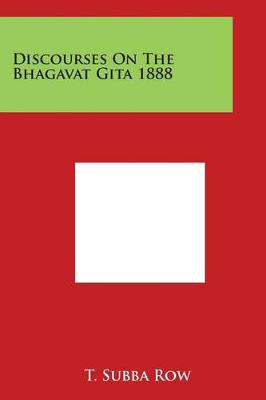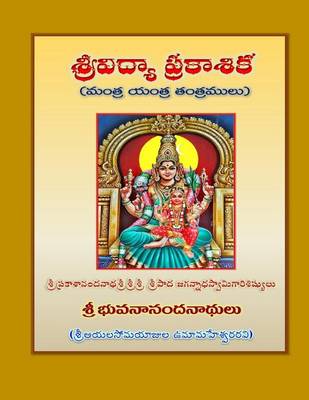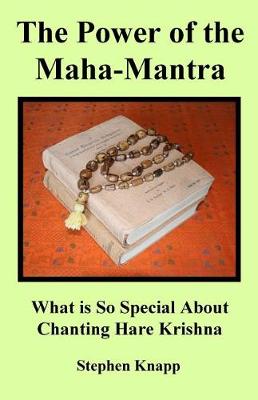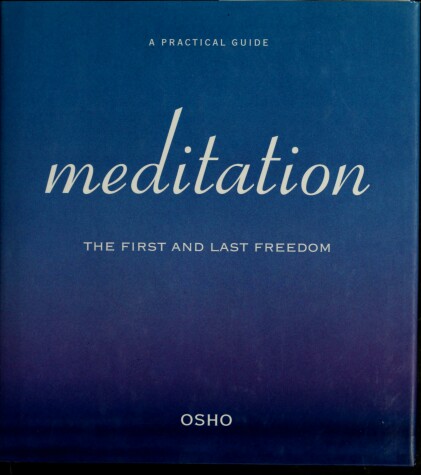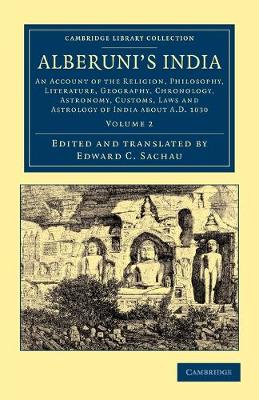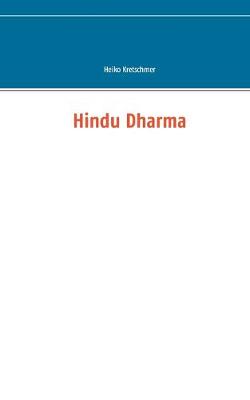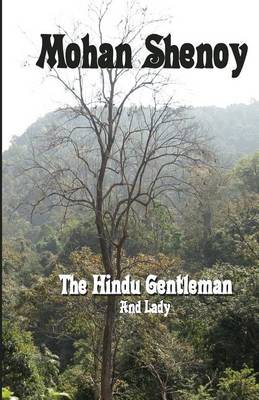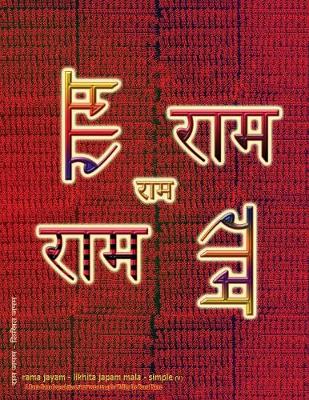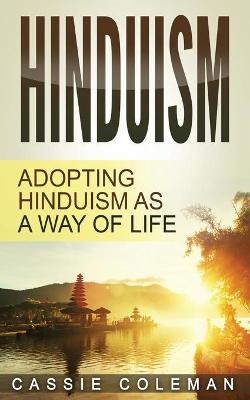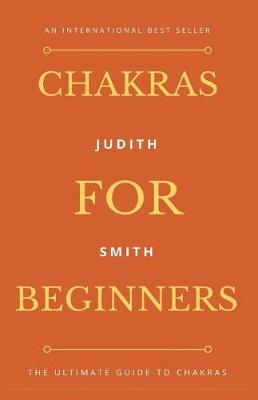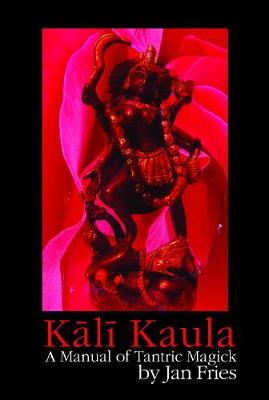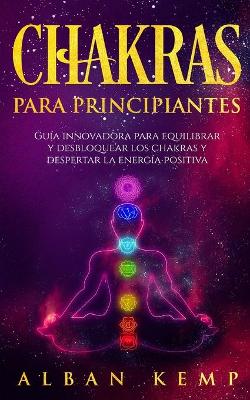In an unnamed European village, in the middle of a civil war, one man digs while another watches over him. Gradually, they begin to talk. Over the course of the afternoon, as the snow falls and truck-loads of villagers are corralled in the next field, we discover why they are there - not just who they are and how specific, sinister events in their country have led them to be separated by a deepening grave, but why the history of civilization is inseparable from the history of mass violence. Beau...
Dancing Bodies of Devotion (Studies in Body and Religion)
by Katherine C. Zubko
Dancing Bodies of Devotion: Fluid Gestures in Bharata Natyam examines how Bharata Natyam, a traditionally Hindu storytelling dance form, moves across religious boundaries through both incorporating choreography on Buddhist, Christian, Muslim, and Jain themes and the pluralistic identities of participants. Dancers traverse religious boundaries by reformulating an aesthetic foundation based on performative rather than solely textual understandings of rasa, conventionally defined as a formula for h...
Agape and Bhakti with Bataille and Mark at Loyola and St. Francis (Postmodern Ethics, #9)
by David L Goicoechea
Osho's words on the discipline of meditation. Meditation is an adventure, the greatest adventure the human mind can undertake. Meditation is just to be, not doing anything--no action, no thought, no emotion. You just are and it is a sheer delight. From where does this delight come when you are not doing anything? It comes from nowhere, or it comes from everywhere. It is uncaused, because existence is made of the stuff called joy! Meditation is not an Indian method; it is not simply a technique....
Alberuni's India (Cambridge Library Collection - South Asian History, Volume 2)
by Muhammad Ibn Ahmad Biruni
Translated and annotated by orientalist Edward Sachau (1845–1930), this 1887–8 two-volume work is the account by Muslim polymath and traveller Alberuni (973–1048) of Indian political and social life in the medieval period. Sachau published the manuscript in Arabic in 1885–6, at the same time working on an English translation. Alberuni, born in Chorasmia, south of the Aral Sea, was one of the leading scholars of his day. He accompanied the Afghan ruler Mahmud on his invasion of India in the early...
